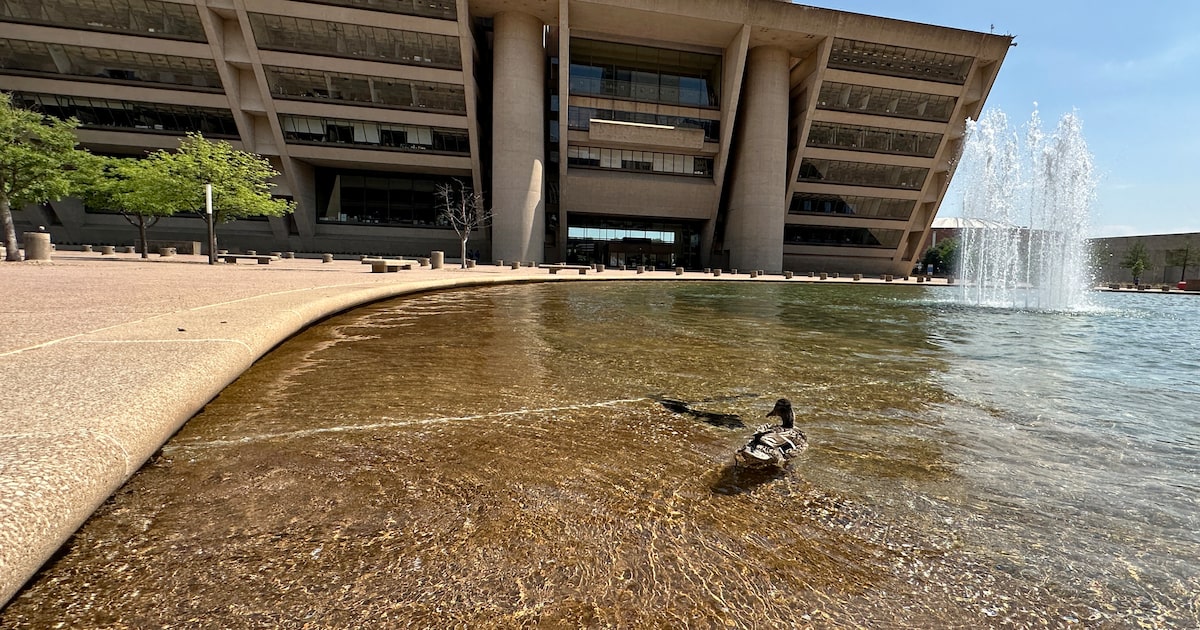Dallas’ state lobbying efforts have a chance for the reset they need.
The City Council recently voted to pull $339,000 in planned funding for three lobbyists’ contracts, instead using the money for a property tax rate reduction of 0.015 cents per $100 valuation, this newspaper reported.
Last month, it became clear that Dallas needed to review its overall spending on lobbyists after an unexpected debate broke out around the horseshoe over whether the only woman on Dallas’ state lobbying team was being paid fairly relative to the men.
But Mayor Eric Johnson raised bigger questions around the effectiveness and influence of a left-leaning lobbying team in a Republican-led state government. What results has Dallas been paying for?
Some state lawmakers want to ban municipalities from paying outside lobbyists to advance their interests in the Legislature. That’s why it’s more important than ever for Dallas to get the details right. Responsible spending is the strongest argument against a ban that would stop cities from hiring lobbyists and further erode local control.
Opinion
We have a few suggestions about how the city should move forward.
For one, the city should use a competitive bidding process to select its lobbyists.
During the council debate over lobbyist pay last month, it was revealed that City Hall hadn’t put state lobbying contracts out for competitive bid. The two most senior lobbyists had represented Dallas since the 1990s.
It’s easy to fall into the trap of paying the same few people year after year without forcing them to compete in the open market. Like many other government contractors, lobbyists should have to prove why they are the best deal for Dallas.
The city also needs an evaluation process for lobbyists that is robust and transparent. That means using concrete metrics to measure performance and results.
Of course, that evaluation system will have to account for the fact that Dallas is a blue city in a red state. City interests sometimes clash with the policy priorities of the GOP majority at the state Capitol.
That’s why Dallas needs a politically diverse lobbying team with voices from the right and the left. Like it or not, many of the state’s most powerful politicians are unlikely to lend a sympathetic ear to someone they see as aligned with the opposition.
Ultimately, performance reviews should play a key role when it’s time for contract approvals. Combined with a competitive bidding process, this should help the city ensure that lobbyists receiving public dollars are accountable for the work they do.
This is the time for City Hall to shore up its lobbying practices. The council needs a fiscally conservative mindset. Lawmakers in Austin are watching, and so are Dallas taxpayers.
